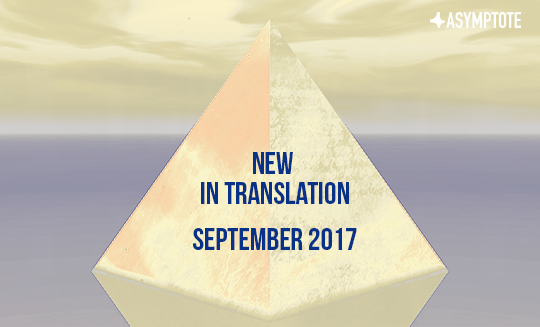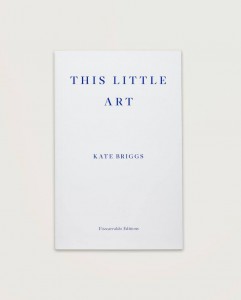ANTARES Publishing House of Spanish Culture is a trilingual press located at York University’s Glendon Campus in Toronto, Canada. ANTARES aims to bring literary and scholarly works from the Spanish-speaking world to North American readers. With this in mind, the press publishes non-fiction, fiction, poetry, and theater either written in or translated from Spanish, English, and French. In recent years, ANTARES’s interests have expanded to include the literature of indigenous languages such as Quechua and Ojibwe. Asymptote’s Editor-at-Large for Argentina, Sarah Moses, met with director Margarita Feliciano to chat about ANTARES’s catalog and their commitment to publishing translations of works written in Spanish and indigenous languages.
Sarah Moses: How did ANTARES get started?
Margarita Feliciano: The press started in the year 2005, but officially we started to publish in the year 2006. I’ve been a professor at York University since 1969 and I’ve always taught literature. In 1989, I started to publish a magazine called Indigo—before Indigo the store; I didn’t have a chance to register it. The subtitle of the magazine was The Spanish/Canadian Presence in the Arts. Things were not done in translation but published in their original language—it could be Spanish, English, or French.
I was forced to retire in 2005 because at the time we had lost a strike and one of the requirements was mandatory retirement for people aged sixty-five. The law is now gone but I unfortunately fell in that category. So in view of that, I decided to create ANTARES—to continue to do what I was doing and at the same time keep me at university because in my life all I’ve done is either be a student or a teacher. So I wanted to continue my work.






